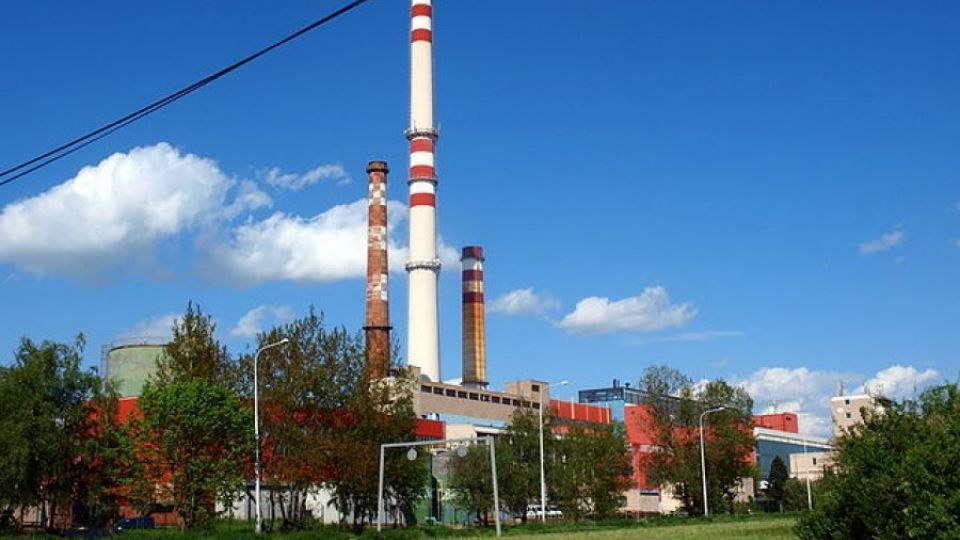Incineration is an obstacle to waste prevention and the real recycling. The Pro 3R Coalition calls upon the Members of Parliament to approve, in addition to increase of the fees for landfilling, at least a minimum fee for incineration that would reduce destruction of reusable materials, and, further, to support establishing new recycling facilities that are missing in the Czech Republic appreciably. Some Members of Parliament try, by their motions to amend, to push the fee through into the amended Act on Waste, the second reading of which will take place probably on Tuesday, May 26, already in the Chamber of Deputies. A fee for waste incineration has been already introduced, for example, by the North European states, and the European Commission recommended to introduce it in the Czech Republic, in order to increase waste recycling.
„We are witnesses of a huge pressure on construction of further waste incinerators and similar facilities. Because of their fixed capacity, it is necessary to fill them by waste for many years, in order to be profitable. However, a high number of recycling facilities are missing in the whole country, and circular economy cannot work without them in the Czech Republic. Because of that, the fee for incineration will help to reduce destruction of waste, and also of the environment, as a consequence of waste incineration, and it will result in higher waste recycling,“ remarks Sarah Ožanová from the Arnika Association, the coordinator of the Pro 3R Coalition.
A network of representatives of cities and municipalities, members of associations, and inhabitants, from all the Czech Republic, named the Pro 3R Coalition, promotes reduction of the amounts of produced waste, its reuse and recycling, and struggles against the growing pressure on construction of incinerators, facilities for energy recovery from waste, and similar facilities. Waste incineration in any form, including facilities for energy recovery from waste, has very negative impacts both on the environment and human health. Incinerators release a number of toxic substances into the environment, specifically chlorinated, as well as brominated, dioxins, polychlorinated biphenyls, polyaromatic hydrocarbons, hexachlorobenzene, mercury, lead, and others, not only in emissions into the air, but also in wastewater, and, in particular, in fly ash and bottom ash, often used as a construction material.
Increase of the number of projects for constructions, reconstructions, and capacity increases, of waste incinerators also is not in agreement with the plans of the Czech Republic and the European Union to head towards the circular economy principles, as it blocks development of much needed recycling and waste prevention. According to the Waste Management Plan, reduction of mixed municipal waste production to about 140 kg per capita annually should be expected by 2030. In March of this year, the European Commission even added facilities for energy recovery from waste to the list of unsustainable activities, together with coal and nuclear power plants. Attention to the fact that waste incineration blocks recycling is drawn not only by the Czech environmental organisations, but also, for example, by the Association of Small and Medium-Sized Enterprises and Crafts of the Czech Republic.







